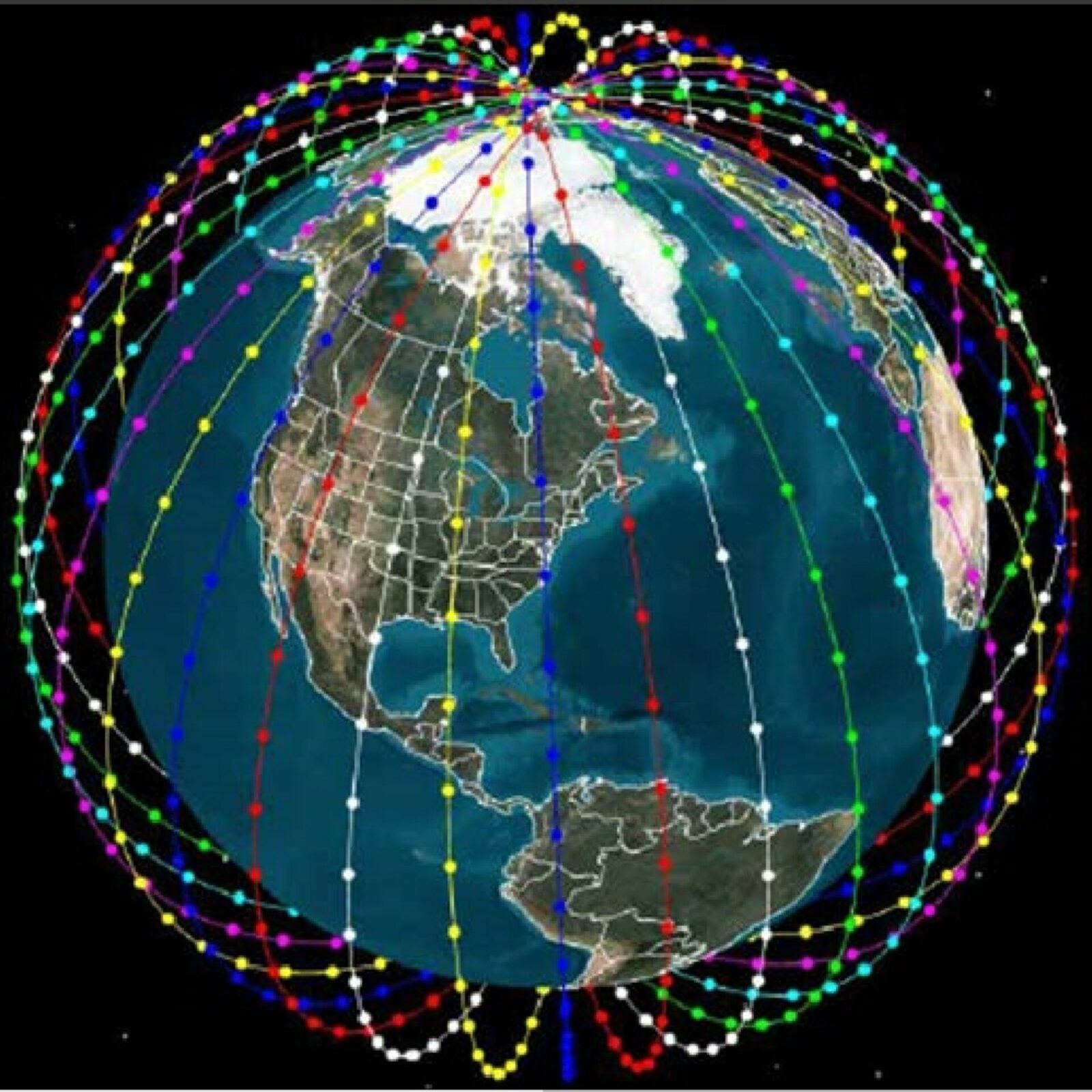The SKA Observatory (SKAO) and its partners have advanced support for protecting astronomy against the negative impact of satellite megaconstellations at the foremost international forum for space-related matters.
During the recently concluded meeting of the scientific and technical subcommittee of the United Nations Committee on Peaceful Uses of Outer Space (COPUOS) in Vienna, the SKAO and its collaborators introduced a paper proposing that an expert group be established to advise the subcommittee on the issue. The other proponents were the International Astronomical Union (IAU) and European Southern Observatory (ESO) – fellow permanent observers of the SKAO at COPUOS – and member countries Chile, Spain, Slovakia, Bulgaria, Dominican Republic, Peru, and South Africa.
Over 8,000 active and defunct satellites orbit the earth, but their number could rise to more than 100,000 if operators succeed in their plans. While the reflectiveness of the new breed of satellites creates issues for optical and infrared telescopes, the radio signals that the satellites transmit place radio telescopes such as the SKAO’s at risk of interference too.
At least 30 delegations supported the paper, with many elaborating on the importance of astronomy to their national economies, cultural heritage, and scientific development. In this regard, several delegations praised the work of the IAU Centre for the Protection of the Dark and Quiet Sky from Satellite Constellation Interference (CPS), which the SKAO hosts alongside the US centre for ground-based optical astronomy, the NSF’s NOIRLab.
The IAU reported that in the CPS’s first year of existence, the centre has interacted with four major Mega constellation operators and started compiling a list of quiet zones around the major radio-astronomical facilities that operators can use to protect observations taking place there voluntarily.
Introducing the paper on behalf of the Chilean delegation, Ambassador Rodrigo Olsen said: “We believe the proposed expert group is the most effective solution in the search for a balance between advancement in space technology and the protection of scientific progress and our common celestial heritage.”
The paper also proposed that protecting dark and quiet skies be retained as an agenda item at the subcommittee’s next meeting in 2024. Decisions on these matters are expected at the 66th session of COPUOS in June.
“We have laid valuable groundwork at this meeting, and I look forward to continuing the discussion with COPUOS delegations and observer organisations during the intersession period,” said the SKAO’s Spectrum Manager and representative at COPUOS, Federico Di Vruno, who also serves as co-director of the IAU CPS.
To read the SKA Oservatory article click here: https://www.skao.int/en/news/454/skao-and-partners-advance-support-protection-astronomy-un
For more information on satellite mega constellations click here: https://www.dnv.com/to2030/technology/mega-constellation-satellites-on-the-horizon.html

